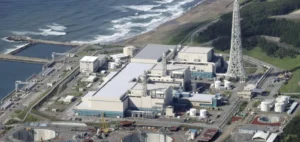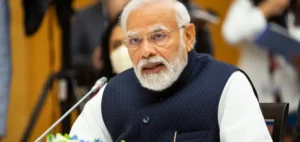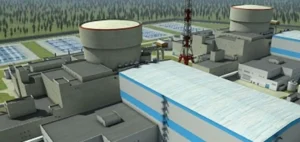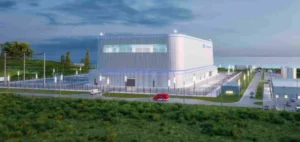Italian energy group Enel, the country’s main electricity producer, has announced the creation of a joint venture named Nuclitalia, specialising in Small Modular Reactors (SMRs). The new entity aims to position Italy in the growing compact nuclear technology segment, as the government evaluates the possibility of reintroducing civilian nuclear energy.
Under the terms of the partnership, Enel will hold 51% of Nuclitalia, alongside Ansaldo Energia (39%), an industrial engineering company, and Leonardo (10%), an Italian defence group. In a statement published on May 14, the partners stated that the mission of the joint venture is to “assess the most innovative and advanced designs in the new sustainable nuclear industry”.
Investment in compact nuclear technologies
Small modular reactors present distinctive features compared to traditional nuclear plants, including reduced construction costs, more flexible installation, and shorter commissioning times. Several countries have already committed investment in this technology, including the United States, China, Canada, South Korea, and Argentina.
Nuclitalia’s project aligns with a long-term plan set by Italian authorities. In 2024, a strategic document outlined plans to achieve nuclear capacity covering between 11% and 22% of the country’s electricity consumption by 2050. Implementation will depend on the establishment of an appropriate legal framework.
Conditional return of nuclear energy in Italy
Italy, once a pioneer in civilian nuclear energy, terminated its programme following referendums in 1987 and 2011, triggered by the Chernobyl and Fukushima disasters. The last nuclear plants were shut down in 1990. The current government, led by Giorgia Meloni, reopened the debate in February and expects to define a legal framework within a year.
Nuclitalia’s initiative comes at a time of energy repositioning, where private-sector actors are anticipating regulatory developments. No specific timeline has been disclosed for the construction of the first reactors, but Enel stated that the assessment of available technologies will begin immediately.






















